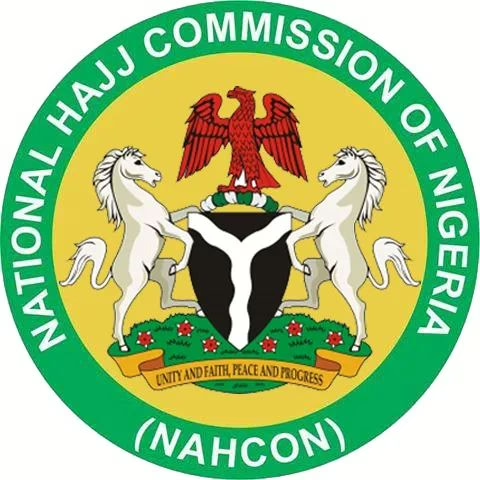The Coordinating Minister of Health and Social Welfare, Prof. Ali Pate, on Thursday, harped on the need for the establishment of a regulatory framework that would ensure the highest quality standards in healthcare and safeguard against corruption.
Pate said that “an accountable healthcare system responsive to our citizens is the only way we can ensure that everyone, regardless of their background, receives the care they deserve.”
The minister spoke in Ado Ekiti, the Ekiti State capital, during the official opening of the 64th National Council on Health with the theme, ‘Building resilience and inclusive healthcare system for a healthy Nigeria.’
Pate said stakeholders in the health sector would maximise the potential of NCH to achieve their common goals.
The NCH had in attendance the Ekiti State Governor, Biodun Oyebanji; health ministers, commissioners for health and their delegates from the 36 states and FCT; development partners, and captains of pharmaceutical companies, amongst others.
Pate said, “Achieving Universal Health Coverage requires us to ensure that our healthcare resources are allocated effectively. We need to invest in preventative care, primary healthcare, and essential services that reach the most vulnerable among us. Our healthcare system should be robust and responsive, meeting the unique needs of each community it serves.”
The minister, who said President Bola Tinubu had approved the adoption, design and implementation of a domesticated, context-sensitive sector-wide approach as an innovative, holistic, and coordinated strategy for the improvement of health outcomes, sought the cooperation of state governments to “ensure that health is put on the front burner of our priorities”.
The Minister of State for Health, Dr. Tunji Alausa, said the theme of the NCH aligned with the matching orders Tinubu gave on the transformation of the Nigerian healthcare system to deliver meaningful and comprehensive healthcare to every citizen of Nigeria.
Alausa said that as part of the transformation, there are plans for an efficient healthcare system where unnecessary maternal and infant mortality will be eradicated, reversing the increasing incidence of sudden death due to non-communicable diseases.
He said that the plans included combating infectious diseases and their associated antimicrobial resistance, eliminating the scourge of malnutrition witnessed in some states and building a skilled and motivated workforce.
The minister said that the registrars and CEOs of the regulatory bodies had been mandated to double the intake of students in the next academic session as part of efforts to address the japa syndrome “by increasing the pool of health workers that we graduate from our institutions on an annual basis”.
He called on state governments “to respond more in this our ambitious drive towards creating a sustainable pool of human resource for health by allocating more funding to the healthcare training institutions, infrastructure and proving more state of the art equipment to their various institutions”.
Ekiti State Governor, Biodun Oyebanji, in his remarks, said that the NCH theme “underscores our collective commitment to delivering a healthcare system that is robust, resilient, and inclusive, ensuring that every Nigerian has equitable access to quality healthcare without financial hardship”.
Oyebanji said that it was apparent from the sub-themes “that evidence-based research and development are the foundation of progress in every sector including healthcare.
“Through research, we can generate data to guide decision-making and enhance our understanding of health challenges. Research is also critical for the development of effective interventions and Ekiti State is eager to contribute to this collective effort by creating an environment conducive to research and development hence our continued investments in higher education and the establishment of a knowledge zone,” he said.
Welcoming the stakeholders earlier, Ekiti State Commissioner for Health and the Chairman, Forum of Health Commissioners in Nigeria, Dr. Oyebanji Filani, said the state was “proud to showcase our efforts in the health sector and the tremendous progress we have made over the past few years that is rapidly challenging the landscape of our health sector.
Filani said, “We have provided the great drive for the development of primary healthcare in Ekiti State and with support from our partners, we are building a network of functional and effective primary healthcare centres across the state”.











